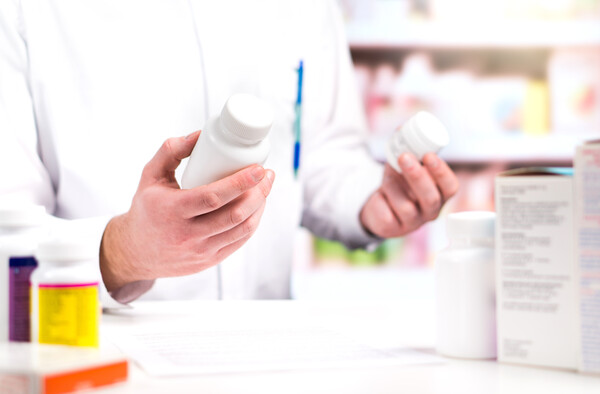Pediatric rheumatoid arthritis is a disease characterized by joint damage and pain lasting more than six weeks and is treated with a three-step treatment approach.
The three-step treatment, which includes analgesic and anti-inflammatory drugs, antirheumatic drugs, and biologics, has resulted in a 30 percent rate of complete remission (a decrease or disappearance of signs and symptoms of the disease) within three to five years.
"If patients take the drug for three to five years and stop it, 30 percent are still fine," said Dr. Kim Kwang-nam, professor of pediatrics at Myongji Hospital, on the Korean Organization for Rare Diseases' YouTube channel, Angel Spoon TV. "However, 30 percent relapse within a month, and the other 30 percent relapse within a year. We don't know who relapses, so we're trying to determine if there's a factor (deciding it)."

Pediatric rheumatoid arthritis is treated in three stages.
"First, painkillers and anti-inflammatory drugs are used because it hurts there is inflammation," Prof. Kim said. "If the painkillers don't work, antirheumatic drugs are used."
Antirheumatic drugs slow or stop the progression of the disease by lowering rheumatoid factors and inflammation levels, which are immunosuppressants of sorts.
"If immunosuppressive drugs don't work, you must use biologics," Kim said. "Biologics are very expensive. It usually costs 740,000 won ($561) per night, but a bigger child must take two boxes monthly."
There are caveats to the long-term use of these drugs, which are like a double-edged sword in children. First, regarding painkillers and anti-inflammatory drugs, children should not take them on an empty stomach. Also, the medicine is usually given 30 minutes after a meal, but it is better to take it with food instead of after a meal.
"Painkillers irritate the stomach when taken, and if you take them on an empty stomach, you can get a perforated stomach," Kim said. "Anti-inflammatory agents should be taken with food, not 30 minutes after eating."
There are also side effects often associated with anti-inflammatory drugs.
"These drugs improve fever and inflammation. However, since anti-inflammatory drugs block blood circulation and kidney function, they weaken kidney functions, so patients’ faces are puffy in the morning, and they bruise easily due to poor hemostasis," Kim said.
Methotrexate (MTX), a commonly used second-stage antirheumatic drug, is taken once a week and must be taken with folic acid.
"MTX is an anticancer drug, but if you reduce the dose by one-hundredth, it has no anticancer effect and works very well for rheumatoid arthritis. If you take it once a week, the metabolism process lasts for a whole week. If the byproducts of metabolism continue to accumulate in the body, the liver will detoxify it, and the liver function will deteriorate," Kim said, advising that it should be taken with folic acid as a detoxification agent.
MTX can cause hair loss and nausea, so it is recommended to take it on an empty stomach with water on Sunday morning rather than on weekdays. Also, because of the enzyme CYP3A4, found in MTX and grapefruit, MTX should never be taken with grapefruit as it will change the effect of the medicine.
"When MTX releases CYP3A4, enzymes come out and break it down, but when they come out from grapefruit, there's too much breakdown, and the blood levels go up," Kim said. "So, they tell you not to eat grapefruit."
There are two things that pediatric RA patients of childbearing age taking MTX must remember – “No Alcohol and No Babies.”.
"The liver detoxifies the breakdown products of MTX, so you shouldn't drink alcohol because it's bad for the liver," Dr. Kim said. "Also, if you get pregnant, the child will be deformed. If you get married and plan to get pregnant, you should consult with your doctor and stop taking MTX for three months before getting pregnant."
Some vaccinations should be avoided when using MTX. "You shouldn't get live vaccines while taking MTX," Kim said, "And don't get vaccinated against measles, mumps, and rubella."
There is also anxiety about using biologics in children, the third-stage agents. However, a decade of studies using biologics in children has confirmed their safety.
"They are safe for children," Professor Kim said. “That's why we've been using biologics for more than 10 years."

